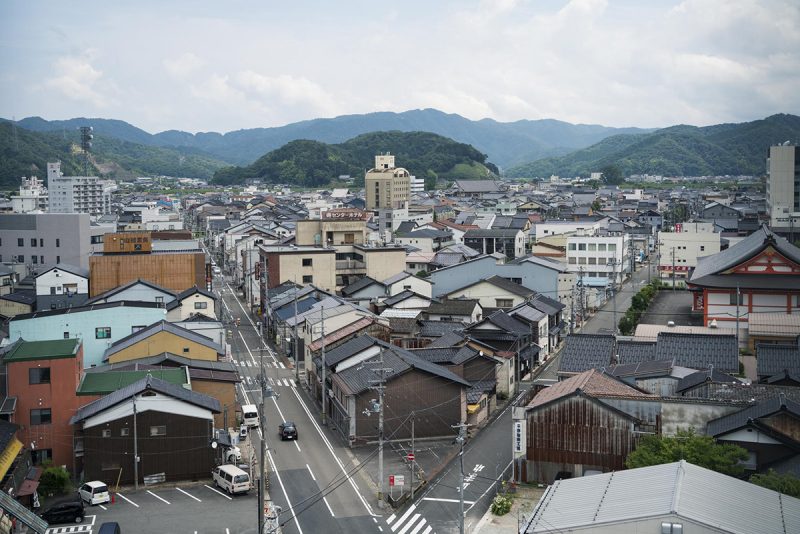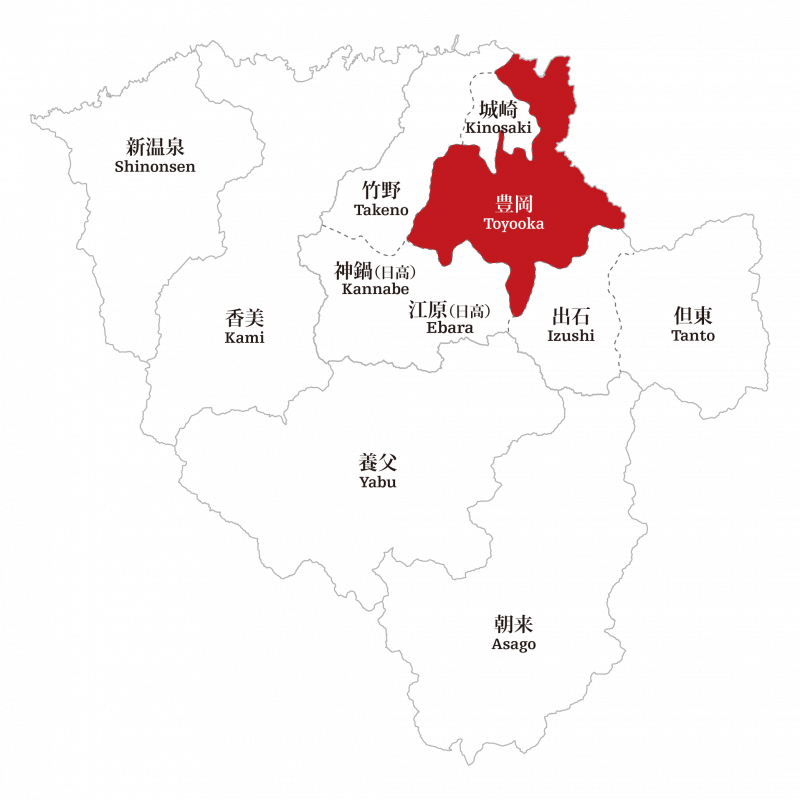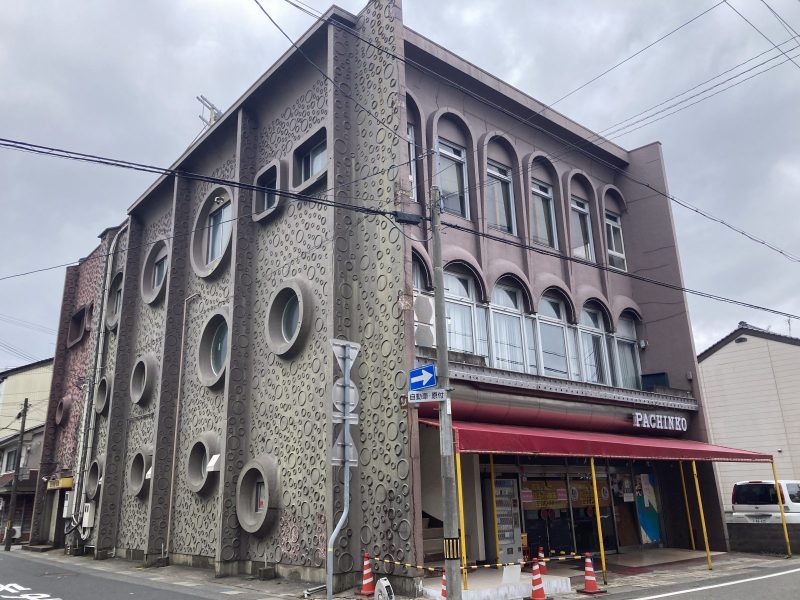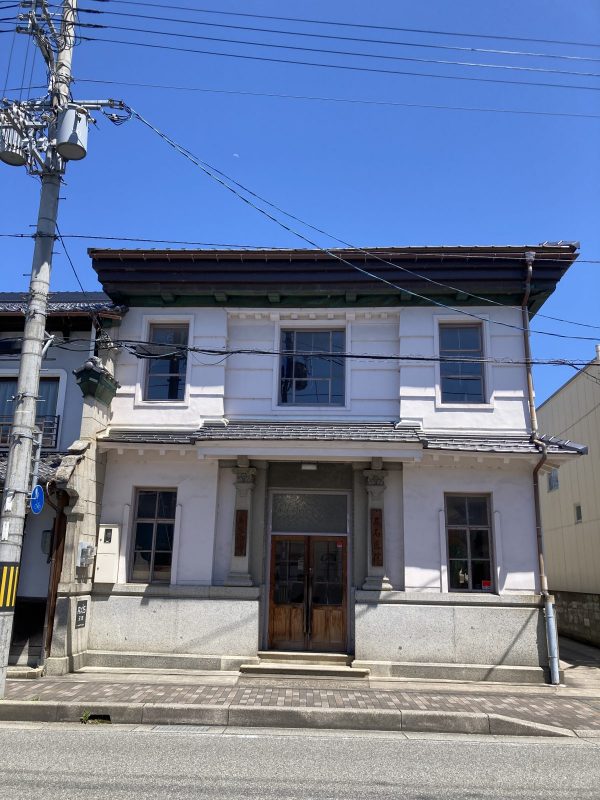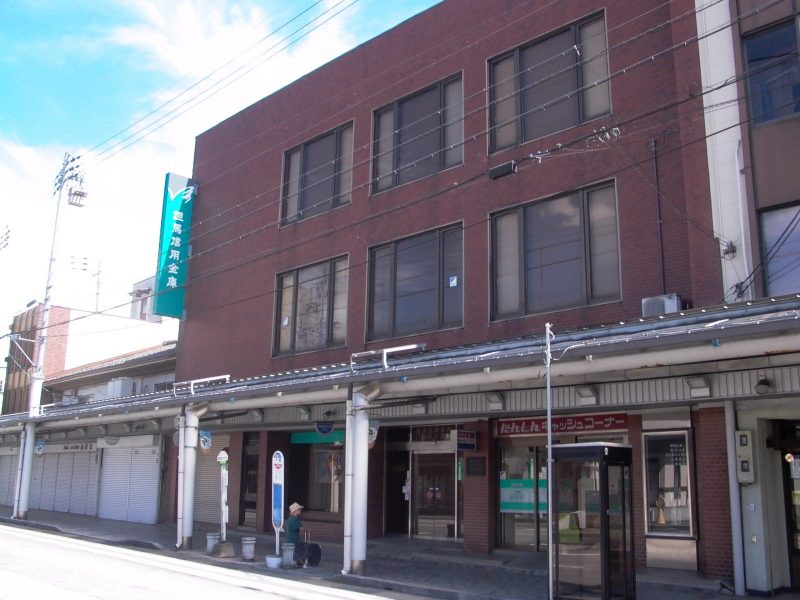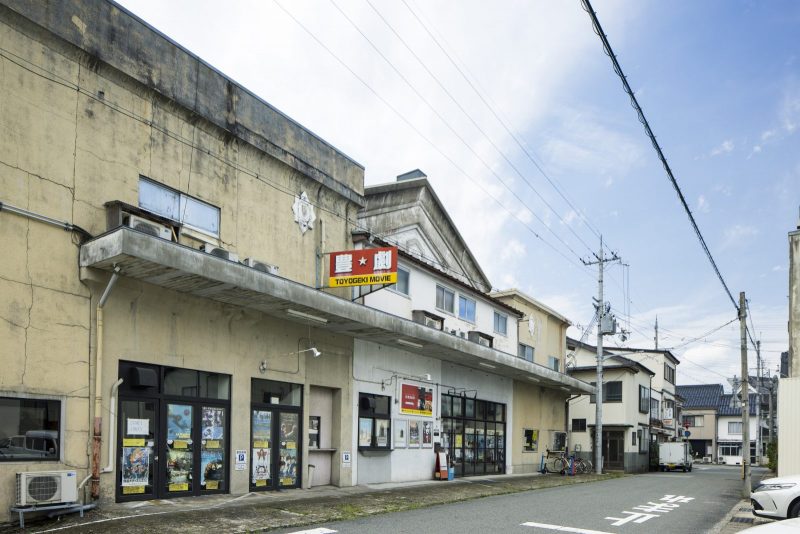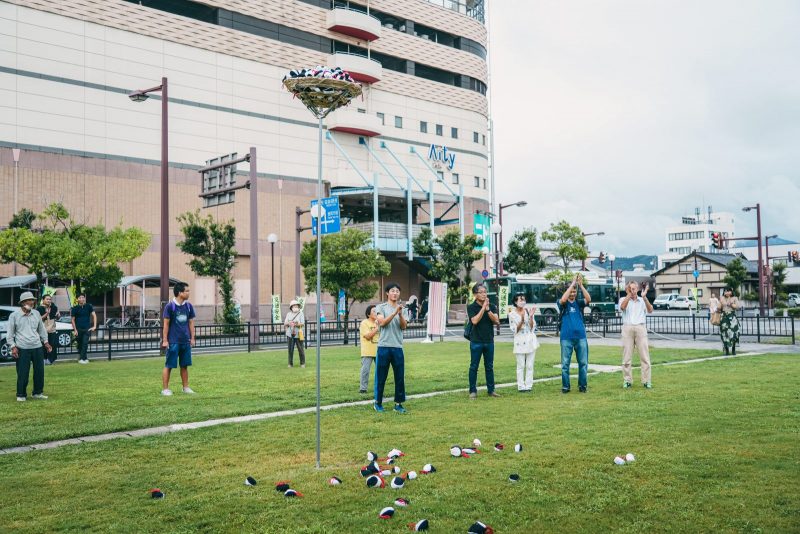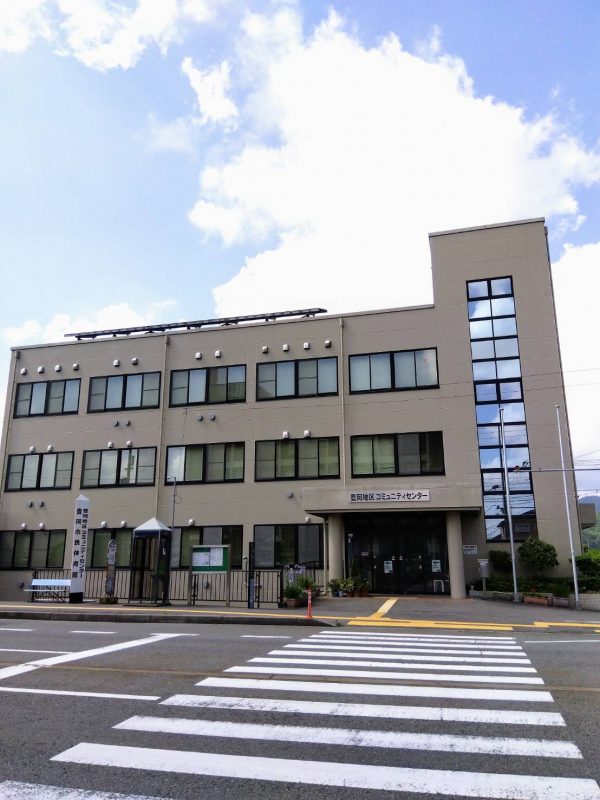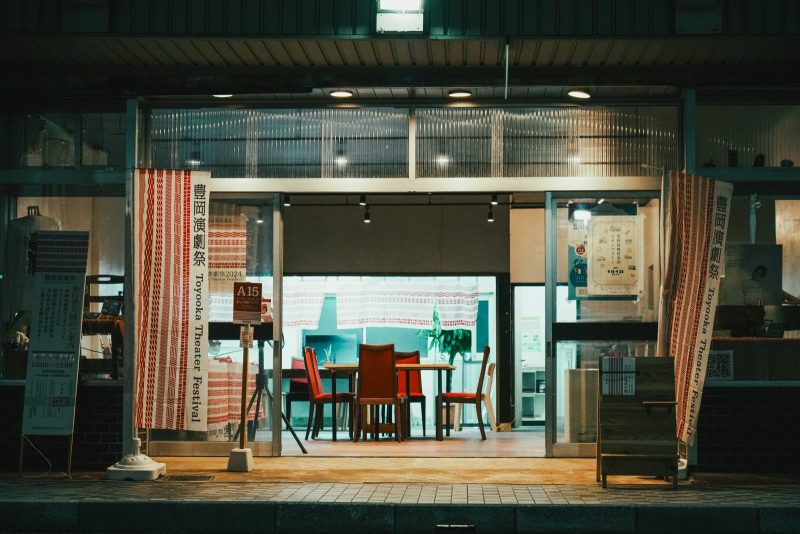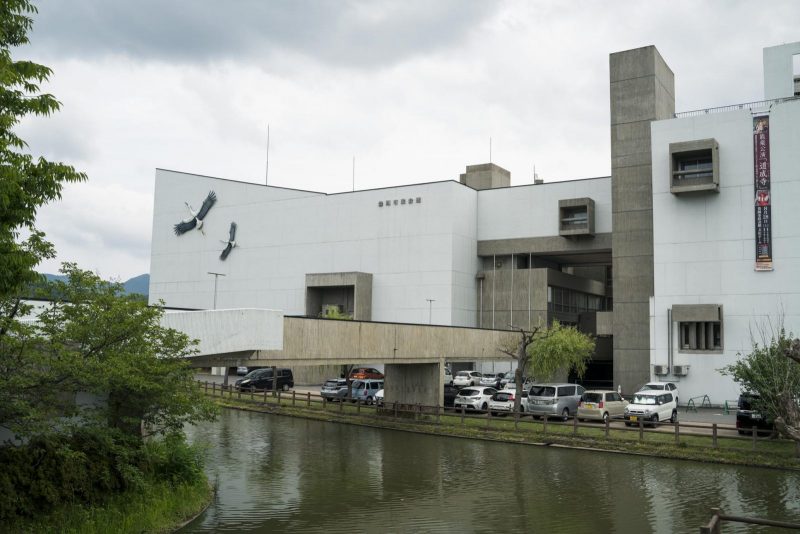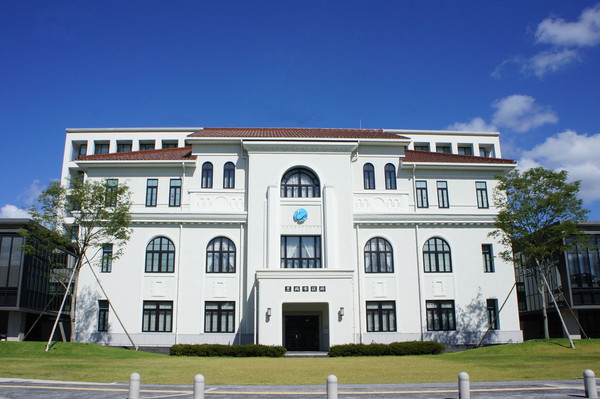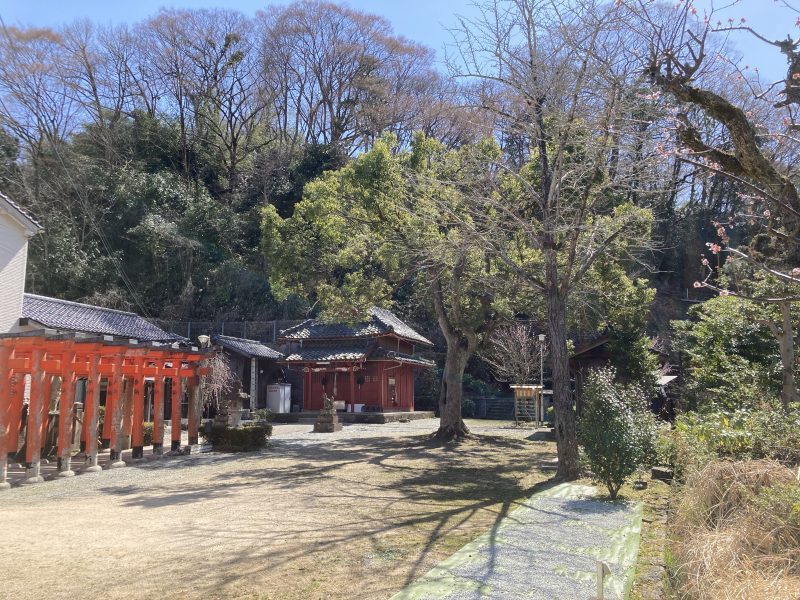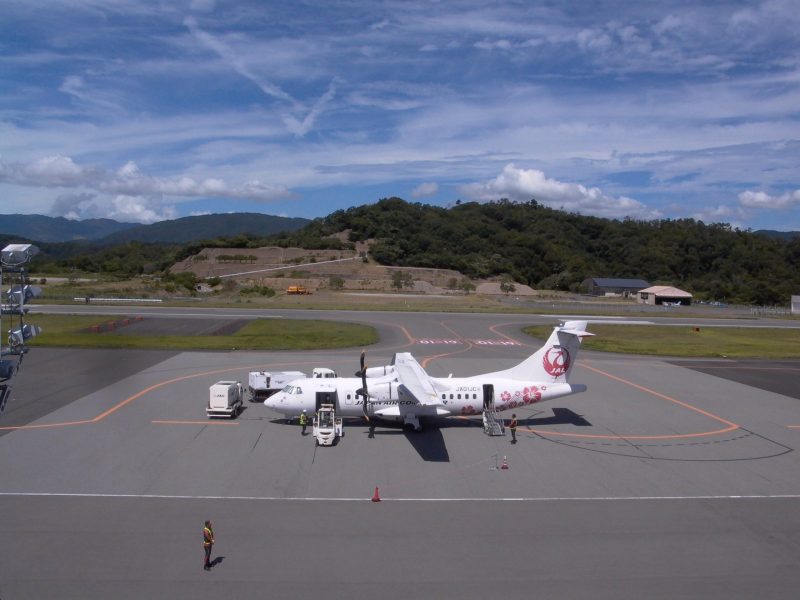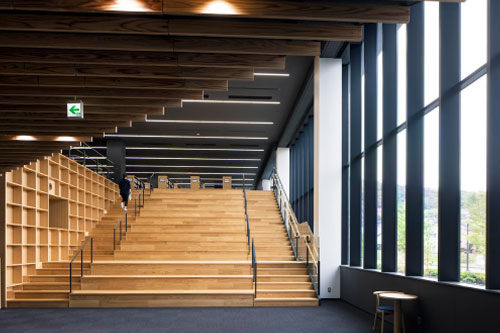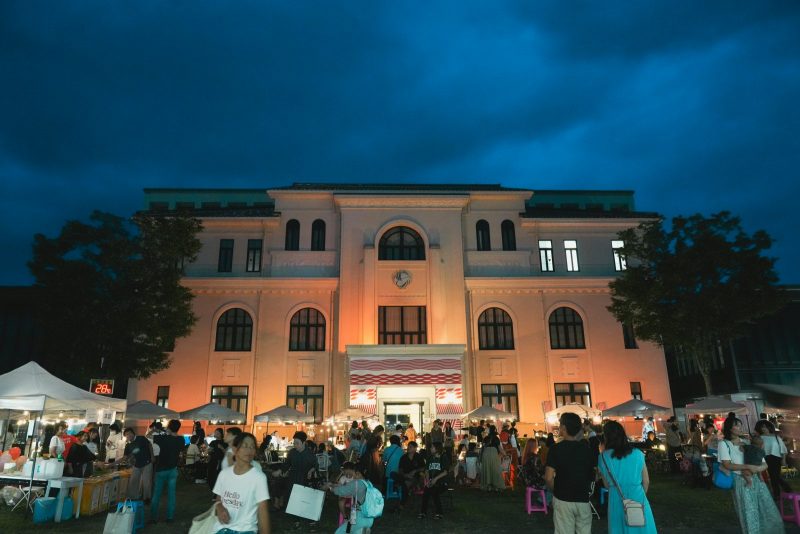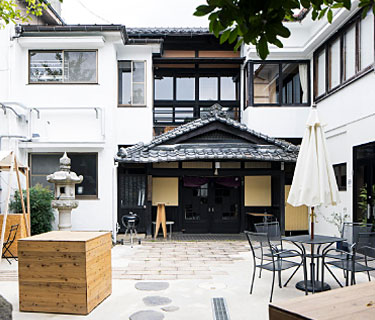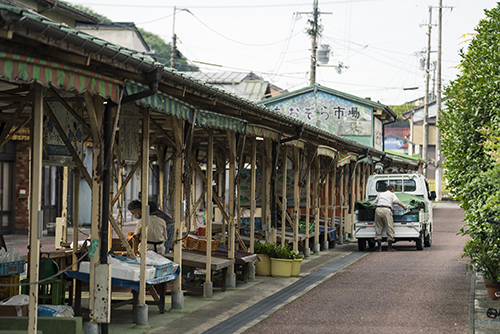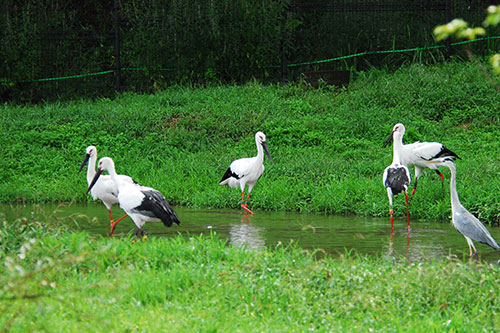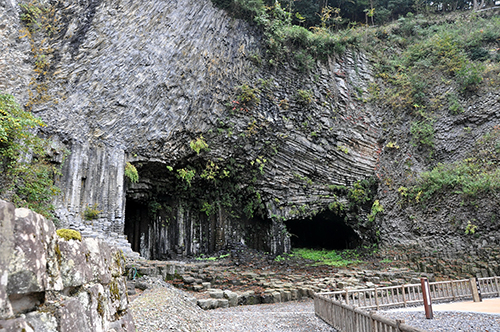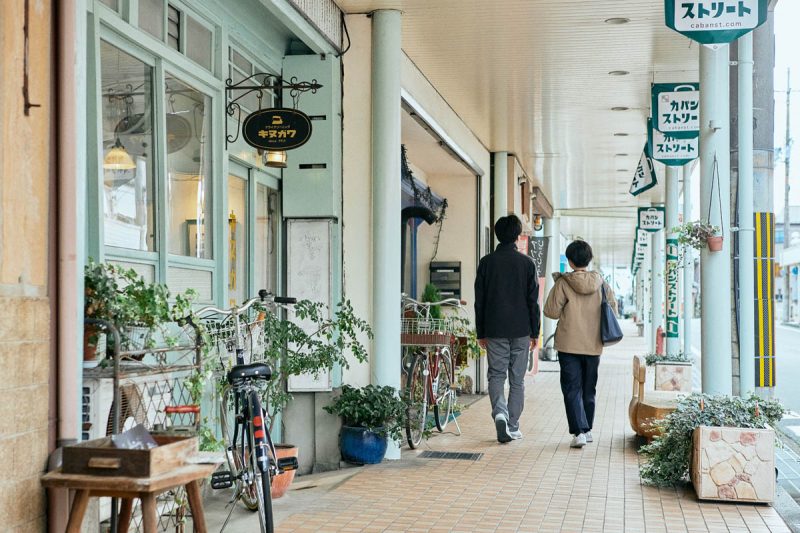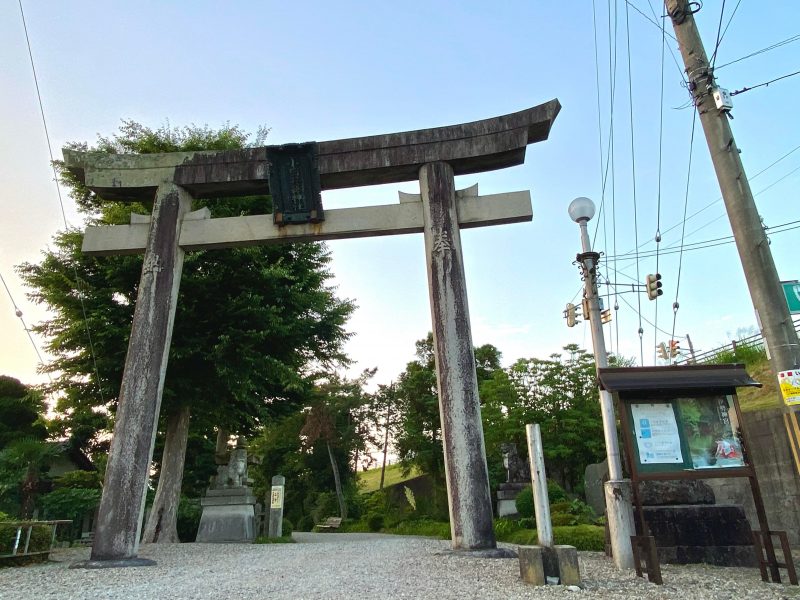
Toyooka Creative Community Plaza(Toyooka Shimin Plaza)
Located on the 7th floor of the shopping center “Aity,” directly connected to JR Toyooka Station, this cultural facility was created by and for the citizens of Toyooka. It serves as a hub for community activities, child-rearing support, and regional cultural events. A wide variety of programs—including concerts, meetings, and dance performances—are held here regularly.
4-5 Otemachi, Toyooka City 7F
※In front of Toyooka Station, JR San'in Line
[Paid parking nearby]
・Aiti Parking Lot (Aity Ritttai Chushyajo, 4-5 Otemachi, Toyooka)
・Toyooka Shiei Toyooka Ekimae Parking Lot (Toyooka Shiei Toyooka Ekimae Chusyajyo, 3-11 Otemachi, Toyooka)
・タイムズ豊岡駅前(Timez Toyooka Ekimae, 7-14 Chiyodacho, Toyooka)
※If you use the Aiti Parking Lot, you can receive a 3-hour free parking service by showing your parking ticket at the Toyooka Creative Community Plaza(Toyooka Shimin Plaza).
※If you use the Toyooka Shiei Toyooka Ekimae Parking Lot , we will provide you with a free service coupon.
・Diaper Changing Table
・Priority Parking
・Nursing Room

